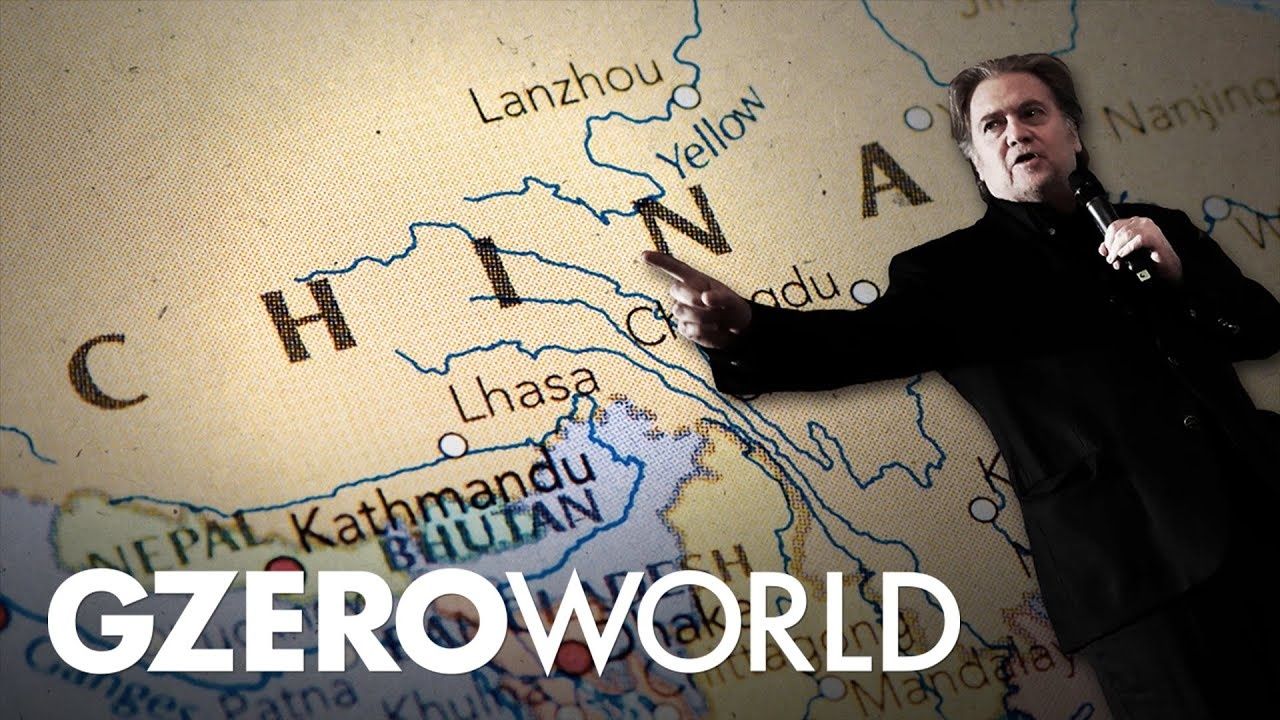February 13, 2020
Ian Bremmer discusses the Thucydides Trap, and the history lesson Harvard professor Graham Allison brought to Trump's National Security Council in 2017: a wake-up call for American and Chinese leaders. Conflict between rival great state powers is likely - but with statecraft, war is not inevitable.
But ... White House Chief Strategist Steve Bannon saw Chinese leadership as America's greatest existential danger. As a result, he pressed a harder line with China on tariffs, AI, IP, and Hong Kong protests. If confrontation with China is inevitable, is it better to make a move early? Another question: can the Trump administration contain China without cultivating allies?
From Your Site Articles
More For You
People in support of former South Korean President Yoon Suk Yeol rally near Seoul Central District Court in Seoul on Feb. 19, 2026. The court sentenced him to life imprisonment the same day for leading an insurrection with his short-lived declaration of martial law in December 2024.
Kyodo
65: The age of former South Korean President Yoon Suk Yeol, who was sentenced to life in prison on Thursday after being found guilty of plotting an insurrection when he declared martial law in 2024.
Most Popular
In an era when geopolitics can feel overwhelming and remote, sometimes the best messengers are made of felt and foam.
Hungarian Prime Minister Viktor Orban holds an international press conference in Budapest, Hungary, January 5, 2026.
REUTERS/Bernadett Szabo/File Photo
The Hungarian election is off to the races, and nationalist Prime Minister Viktor Orbán is facing his most serious challenger in 16 years.
How people in G7 and BRICS countries think their policies will effect future generations.
Eileen Zhang
Does skepticism rule the day in politics? Public opinion data collected as part of the Munich Security Conference’s annual report found that large shares of respondents in G7 and several BRICS countries believed their governments’ policies would leave future generations worse off.
© 2025 GZERO Media. All Rights Reserved | A Eurasia Group media company.
